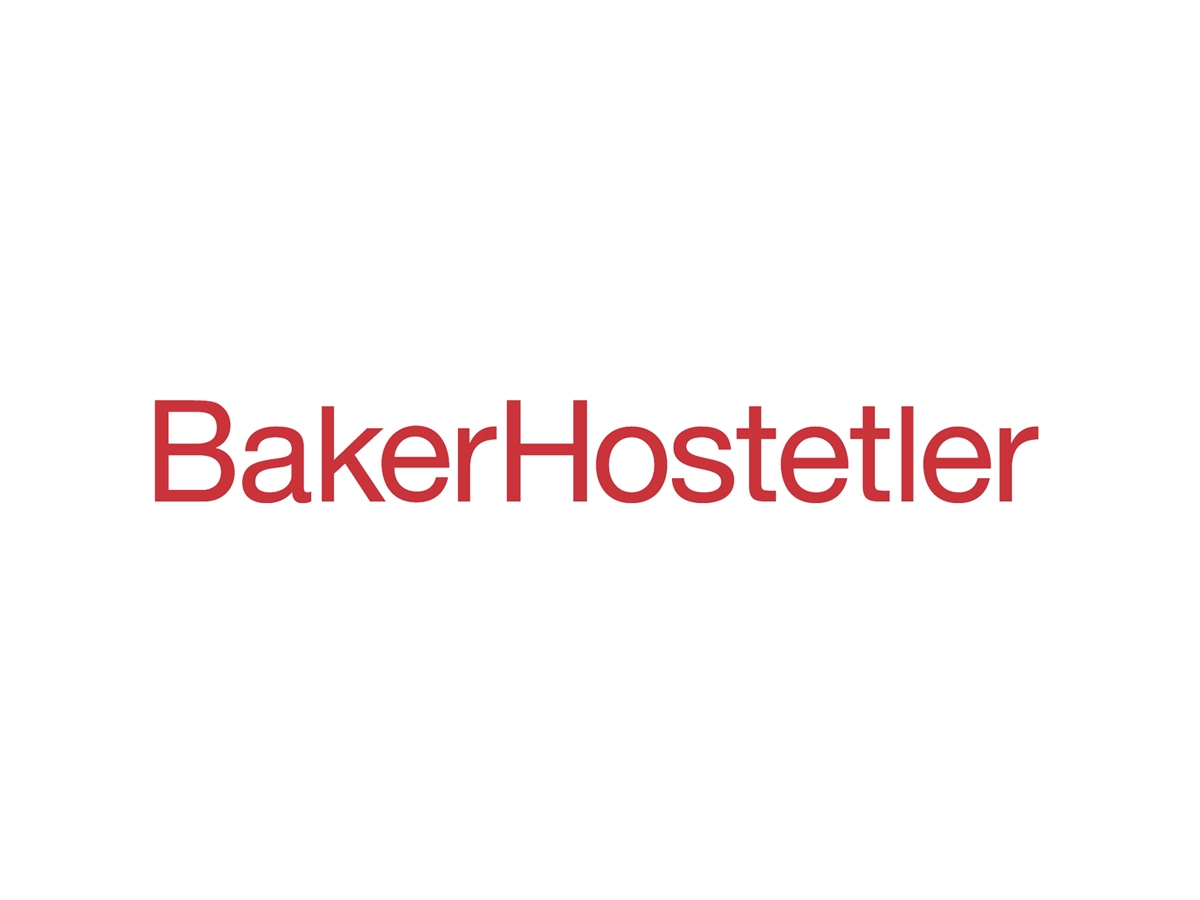
U.S. Bank, the largest bank in the United States, has announced the launch of its blockchain-based Tokenized Collateral Network (TCN). The bank has completed its first transaction using the TCN, which involved the conversion of shares from a money market fund into digital tokens and their transfer as collateral between two parties for an over-the-counter derivatives trade. The TCN aims to facilitate the movement of collateral almost instantly, shortening the typical day-long process. The bank plans to add support for more assets as collateral in the future, including equities and fixed income.
In other news, Xapo, a Gibraltar-based digital asset bank, has obtained a securities broker license under the European Markets in Financial Instruments Directive (MiFID). This license allows Xapo to offer trading of stocks alongside its existing bitcoin wealth management services. The bank already holds a banking license and principal memberships with global payment networks, which enable it to work directly with correspondent banks and access money market accounts without involving third parties.
Trezor, a popular cryptocurrency hardware wallet manufacturer, has announced the launch of three new hardware wallets. The Trezor Safe 3 is described as an easy-to-use and secure wallet, while the Trezor Keep Metal is a backup solution for recovery seeds. Additionally, Trezor has released a limited-edition bitcoin-only wallet to celebrate its 10-year anniversary.
In the Philippines, Circle Internet Financial has partnered with Coins.ph, the country’s leading cryptocurrency exchange and digital wallet provider, to drive awareness of USDC-denominated remittances as a secure and low-cost solution for international money transfers. The partnership aims to improve the existing remittance landscape in the Philippines, which is one of the largest recipients of remittances globally.
Fluent Finance, a US-based developer of a cryptocurrency-based payment platform, has joined the UAE Ministry of Economy’s NextGen FDI program. Fluent plans to use its UAE headquarters to deploy and scale its proprietary Fluent Economic Bridge, which allows importers and exporters to settle transactions via bank-issued stablecoins or deposit tokens.
The European Securities and Markets Authority (ESMA) has published a report on decentralized finance (DeFi) in the EU. The report assesses the development of DeFi, its risks, and its impact on investor protection. While DeFi does not currently pose a meaningful risk to financial stability, there are serious risks to investor protection due to the speculative nature of many DeFi arrangements, operational vulnerabilities, and the lack of a responsible party.
The Canadian Securities Administrators (CSA) has issued further clarity and guidance to crypto asset trading platforms regarding the trading of value-referenced crypto assets, including stablecoins. The CSA prohibits trading platforms from trading crypto assets that are securities and derivatives, but may allow the continued trading of certain value-referenced crypto assets that are referenced to a single fiat currency.
In the United Kingdom, the Financial Conduct Authority (FCA) has implemented new rules for cryptoasset promotions. On the first day of the new regime, the FCA issued 146 alerts about potentially unauthorized firms providing or promoting financial services or products.
Blockchain analytics firm Elliptic has published a report on cross-chain crime, highlighting that the value of illicit crypto laundered through cross-chain crime has reached a record $7 billion. Cross-chain crime involves the swapping of cryptoassets between different tokens or blockchains to obfuscate their criminal origin.
Another report by blockchain analytics firm TRM Labs analyzes the use of decentralized mixing service Tornado Cash by illicit actors. Despite the recent sanctions imposed on Tornado Cash by the US Treasury Department’s Office of Foreign Asset Control, TRM’s research indicates that known illicit use of the service has nearly doubled as a percentage of its volume.
CertiK, a decentralized finance (DeFi) security firm, has reported two hacks of DeFi platforms. In the first incident, an externally owned address withdrew LSC tokens from a project, causing the token’s price to drop by 99%. The tokens were then swapped for approximately $1.1 million, making it the largest exit scam seen in October. In the second incident, the DeFi project Platypus Finance was exploited through flash loan transactions, resulting in a loss of approximately $2.23 million.
Finally, recent blog posts by Elliptic and TRM Labs provide details on the use of cryptocurrency by Hamas, a designated foreign terrorist organization. The blog posts highlight the history and extent of Hamas’ use of cryptocurrency for financing purposes.






